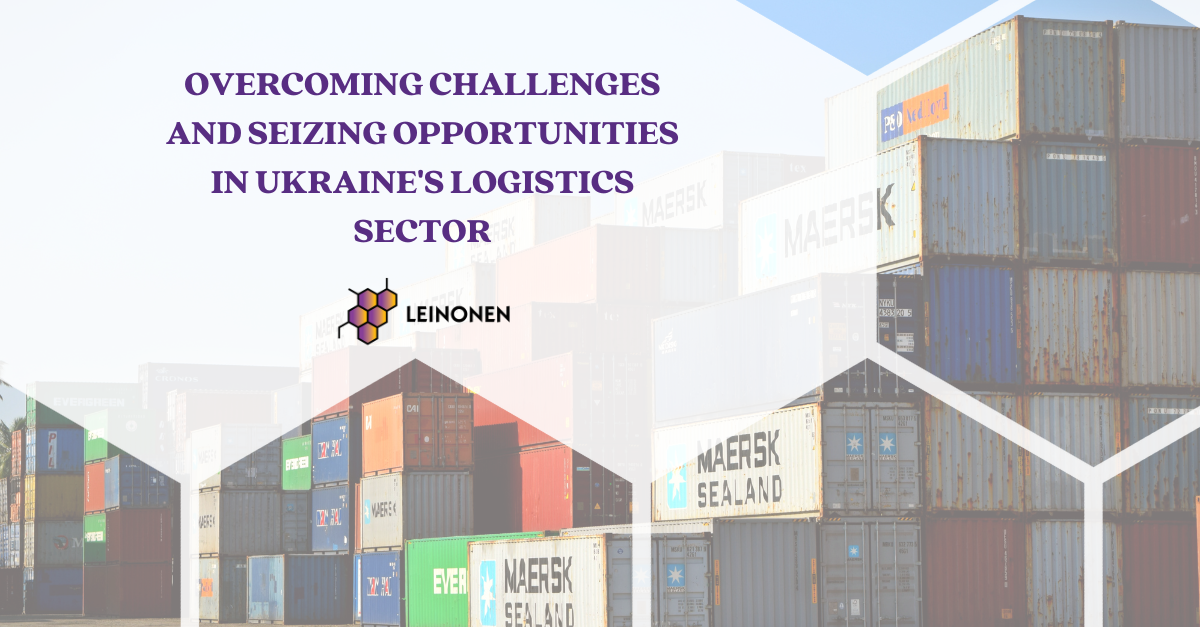The logistics sector in Ukraine is a critical industry, especially in the current challenging war-time environment. However, amidst the demand, businesses grapple with unique accounting and payroll management challenges. This article sheds light on the key aspects of accounting in this sector, offering a comprehensive guide for companies seeking to thrive in this dynamic landscape.
Challenges in Ukrainian Logistics Accounting
Maintaining Precise Documentation:
Given the intricate nature of logistics operations, meticulous documentation is paramount. Transparency and clarity in financial records are not just good practices, but imperative for compliance and efficient business operations.
VAT Complexity:
The main accounting hurdle for logistics companies in Ukraine is navigating the intricacies of Value Added Tax (VAT). VAT percentages fluctuate based on the territorial location of delivery during its multi-country journey. Companies must have a detailed policy that aligns with local law to ensure accurate VAT calculations.
Compliance with IFRS:
Accurate financial reporting is contingent on adherence to international financial reporting standards (IFRS). This practice ensures uniformity and transparency in financial statements, providing stakeholders with a clear understanding of the company’s performance.
Legislative Landscape Impacting Accounting
Ukrainian Tax Legislation:
The Ukrainian tax framework significantly influences accounting practices within the logistics sector. Adherence to specific tax laws and regulations, particularly regarding VAT, is non-negotiable for businesses operating in this field.
International companies operating in Ukraine must navigate local tax laws and regulations. This adherence is essential to ensure legal compliance and financial integrity.
Best Practices in Logistics Accounting
Expertise in IFRS and Tax Return Preparation:
Hiring qualified professionals well-versed in IFRS and tax return preparation is crucial for accurate accounting in the logistics sector. Their expertise helps navigate the complexities inherent in this industry.
Internal audits are a common practice among logistics companies. These audits serve as a mechanism to identify errors, detect potential fraud, and enhance operational efficiency.
Certificate and Customs Considerations:
Unlike some industries, there are no specific certificates required for establishing a logistics business in Ukraine. Instead, close collaboration with professional customs broker firms or employing an in-house customs specialist is recommended.
Insights from the Accountant’s Perspective
Managing accounting and payroll in the logistics sector can be very challenging. The global nature of this industry often necessitates document exchanges with partners located in various time zones and cultural contexts. Experienced professionals are crucial to navigate these complexities, ensuring accuracy and avoiding costly administrative penalties.
Salary Trends in Ukrainian Logistics
When it comes to salaries then the average salary for roles falling under the “Logistics, warehouse & international commerce” category in Ukraine stands at 17,000 UAH. However, it’s important to note that specific job titles can significantly influence salaries, with some positions commanding twice the average wage.
In conclusion, the logistics sector in Ukraine offers substantial opportunities, but not without its accounting complexities. Diligent adherence to local tax laws, pedantic documentation, and compliance with international financial reporting standards are paramount. With the guidance of experienced professionals, businesses can not only survive but thrive in this dynamic landscape.





